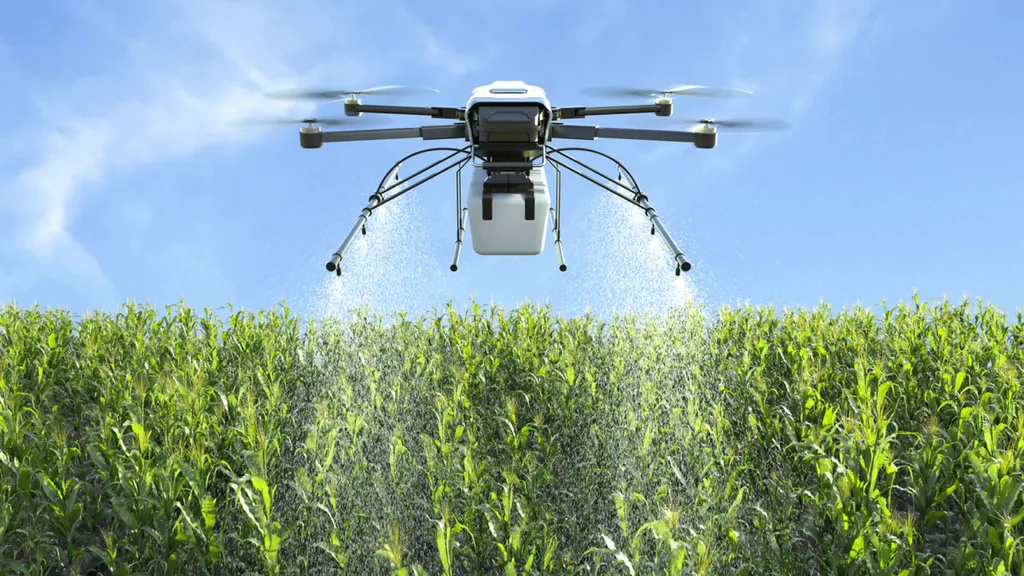For nearly five decades, the Sunbelt Ag Expo has served as a barometer for the evolution of agriculture in the Southeast, reflecting how technology and innovation have reshaped farming practices. This year’s event, held October 14-16 at the Moultrie, Georgia, Expo site and the adjacent Darrell Williams Research Farm, continues that tradition by highlighting advancements that improve efficiency, sustainability, and productivity in an industry facing mounting challenges.
Precision agriculture remains a focal point, with exhibitors showcasing the latest in planting technology. Chip Blalock, the Expo’s executive director of 28 years, notes that precision planters—once a novelty—have undergone decades of refinement. Early studies on seed depth, spacing, and density have given way to near-perfect automation, provided weather conditions allow. “When these planters first came out, we were testing basic variables,” Blalock recalls. “Now, they’re part of a system that optimizes every seed’s potential.” The Expo will feature demonstrations of these planters alongside autonomous tractors, retrofitted by Ag Technologies for versatility, and drones equipped for tasks like fire ant baiting and field spraying. Such innovations underscore a broader shift: farming is increasingly data-driven, with machines performing tasks once done by hand or guesswork.
Yet technology isn’t the only draw. The Southeast Farmer of the Year Award, now in its 35th year, remains a cornerstone of the event. The program honors growers from seven states—Alabama, Arkansas, Florida, Georgia, North Carolina, South Carolina, and Virginia—who exemplify excellence in an industry often overlooked despite its global significance. “These farmers are the backbone of the most efficient food and fiber system in the world,” Blalock says. The 2025 winner, announced during the Expo’s awards luncheon on October 15, will join a legacy of 304 past recipients whose stories help bridge the gap between producers and consumers. Tennessee’s absence this year, as it revamps its selection process, is a reminder that even longstanding traditions must adapt to stay relevant.
Communication, too, has transformed. Becca Turner, the Expo’s marketing and public relations consultant, points to the shift from printed materials to digital engagement. QR codes now replace bulky brochures, reflecting how farmers—like their urban counterparts—rely on smartphones for information. “People expect instant access,” Turner explains. “We’ve had to meet them where they are.” This digital pivot mirrors changes in farm operations, where apps and cloud-based tools manage everything from irrigation to market prices.
Beyond machinery and awards, the Expo is expanding its educational reach. A partnership with the National Cattlemen’s Beef Association brings Curt Pate, a stockmanship expert, to demonstrate low-stress livestock handling techniques. Meanwhile, youth programs—from FFA and 4-H challenges to ag advocacy competitions—aim to cultivate the next generation of agricultural leaders. One initiative, sponsored by Georgia Farm Bureau, tasks high school and college students with creating videos on agricultural topics, with finalists presenting to a panel that has included state officials and lobbyists. “These kids aren’t just learning about farming,” Turner says. “They’re learning to defend it.”
Health, often an overlooked aspect of rural life, takes center stage this year. The Philadelphia College of Osteopathic Medicine (PCOM) will fill an exhibit hall with wellness resources, from dermatology screenings to stress management seminars. Blalock cites a past attendee whose melanoma was caught during a casual clinic visit—a stark example of how access to care can be life-changing. “Farmers don’t always prioritize their health,” he admits. “But if they’re not well, neither is the food supply.” The initiative highlights a critical truth: the sustainability of agriculture depends as much on the well-being of its workers as on the land they cultivate.
Even hobbyists have a place at the Expo. The Backyard Garden section, launched in 2015, teaches visitors how to grow their own produce, reinforcing Blalock’s belief that feeding the world requires contributions at every scale. “It’s not just about big ag or small ag,” he says. “It’s about all ag.”
Perhaps the Expo’s greatest value lies in its role as a gathering place. After the isolation of the COVID-19 pandemic, Blalock observed how eagerly attendees reconnected—shaking hands, debating equipment, and sharing hard-won knowledge. “Agriculture is a people business,” he reflects. “You can’t replace the conversations that happen in these fields.” As the 2025 Expo turns its focus to Georgia with the theme *”All Roads Lead to Georgia,”* it reaffirms that progress in farming isn’t just about machines or methods, but about the communities that sustain them.

